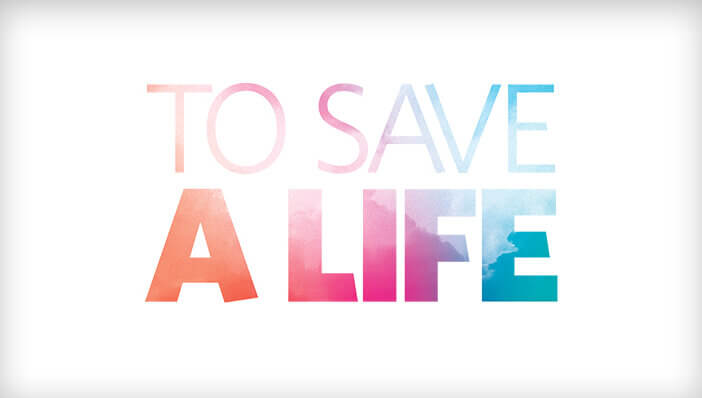
Whether you’ve experienced mental illness for yourself or not, millions of people suffer every day from battles you may not be able to see. Things like depression, anxiety, bipolar disorders, eating disorders and ADHD are just a few of the many mental illnesses that may be affecting the people around you.
The thing about mental health is that unless people talk about it, we wouldn’t know that it exists. Unlike an illness such as the flu, we can’t see mental illness or the ways it affects those who suffer. As a result, we often dismiss ourselves from having a conversation about mental health.
But that should never be the case. And people who battle any form of mental illness should never have to suffer in silence because of the ignorance of others.
With the right tools and knowledge, we all have the power to change the way people SEE and approach mental illness.
Here are 5 ways to start a conversation about mental health.
Keep it Simple
Just because you’re talking about something as complex as the brain doesn’t mean you have to take the heart out of your conversation. Ask the person how they are doing, with the intentionality of seeking a conversation beyond the response of “I’m fine.” Not everyone will want to open up about what they’re facing, but those who feel at ease by your authenticity will feel comfortable having a conversation about mental health.
Avoid Cliche’s
Remember that old elementary school rule: “If you don’t have something good to say, don’t say it at all?” Well, that principle applies here as well. When someone is battling depression and they find themselves unwillingly in a dark place internally, the phrases, “chin up,” or “it will get better,” are nothing but a bunch of empty words. It’s okay to not understand what they’re going through, but it’s not okay to negate the fact that they’re going through it with meaningless sayings.
Do Your Research
Nobody chooses to have a mental illness. Depression and anxiety are unwelcome visitors in anyone’s mind. Still, millions suffer. So the least we can do is learn more about what they’re going through. Having even the smallest understanding of what someone might be experiencing from their mental illness will do wonders in having a conversation with them about it. Not only does it educate you and give you a better comprehension of their symptoms, but it also shows them that you cared enough to get to know more about them.
Don’t Expect Anything
Whether it’s talking about mental health, or just getting to know someone, people need time. Just because you know about their mental illness doesn’t mean they are going to want to talk to you about it right away. They may never want to talk to you about it, but being able to recognize that someone may need space or time to process will ultimately help you in your approach.
They are NOT Their Mental Illness
For goodness sake, just because someone has anxiety does not mean that their life is an anxious wreck. There is so much more going on in their lives than the anxiety attack from this morning that they’re desperately trying to forget about and move on from. Having a conversation about mental health is important, but remembering that not everything has to be about someone’s mental health will ensure that your conversations are welcome and serving a purpose.
Society has made it awkward and taboo to have conversations about mental health, but there really isn’t much to it. Be authentic in your approach and do your part in erasing the stigma that surrounds mental illness.
